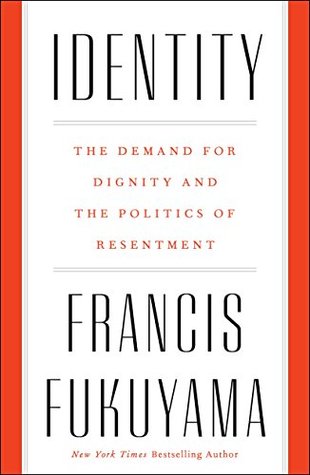Rousseau thus stakes out a distinctive position regarding human nature. He disputes the assertion of Thomas Hobbes that man in the state of nature was violent, cruel, and selfish; Rousseau also disagrees with John Locke that private property was natural to early man. He would also disagree with Socrates and Adeimantus that thymos was a constituent part of the human soul, since Rousseau asserts clearly that the emotion of pride, and hence the desire to be recognized by other people, did not exist for the earliest human beings.
Welcome back. Just a moment while we sign you in to your Goodreads account.


